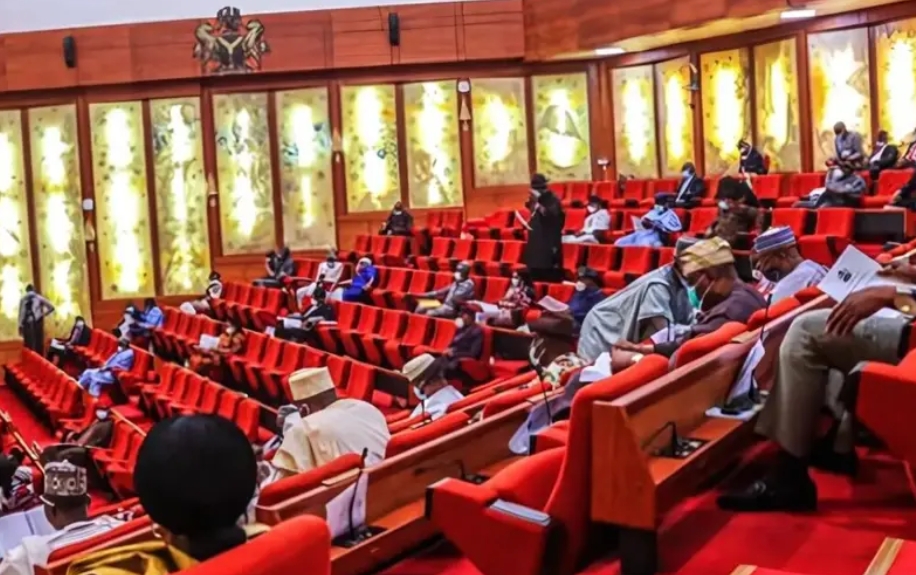The Senate has stepped down the Electoral Act (Repeal and Amendment) Bill, 2025 after an extensive debate on its general principles, to allow for broader consultation and deeper scrutiny of its provisions.
The proposed legislation seeks to repeal the Electoral Act 2022 and introduce a new legal framework aimed at delivering a stronger, more credible, and more inclusive electoral system in Nigeria.
Among its proposed innovations are the introduction of digital registers of results, QR-coded voter identification cards, and stricter timelines for party primaries and the transmission of election results.
Leading the debate on the bill, Simon Lalong, chairman of the Senate Committee on the Independent National Electoral Commission (INEC), said the 2023 general election had tested Nigeria’s democracy in “profound ways.”
He noted that while the 2022 Electoral Act introduced significant reforms, it also revealed key weaknesses such as delayed release of election funds, disputes over voter registers, conflicting interpretations of result transmission, and weak enforcement of electoral offences.
“The key objectives of this legislation are to ensure transparency, efficiency, and integrity in our electoral system, guarantee free and fair competition among political parties, and restore public confidence in elections,” Lalong said.
“Nigerians expect us to respond not with patchwork corrections, but with a holistic law that strengthens INEC’s independence and rebuilds trust in the process.”
Lalong added that the proposed bill would strengthen INEC’s independence by insulating it from political interference, mandating the early release of election funds, ensuring continuous voter registration (CVR), and promoting the use of technology to enhance transparency in result management.
However, Emmanuel Udende, senator representing Benue North-East, raised concerns that lawmakers had not been given copies of the bill for a detailed review.
Responding, Jibrin Barau, the deputy senate president who presided over the plenary, clarified that the second reading of a bill is meant to address its general principles, while specific clauses are reviewed at the committee stage.
Several lawmakers, including Titus Zam (Benue North-West) and Binos Yaroe (Adamawa South), expressed support for the bill, describing it as timely and necessary for electoral reform.
“This is a very ambitious exercise that is aimed at strengthening our electoral system. And so, I support the second reading of the bill as proposed by my dear brother, Senator Simon Lalong. I so submit,” Zam said.
Despite the broad support, some senators expressed reservations about certain provisions in the draft law, leading to the Senate’s decision to step it down for further consultation.

